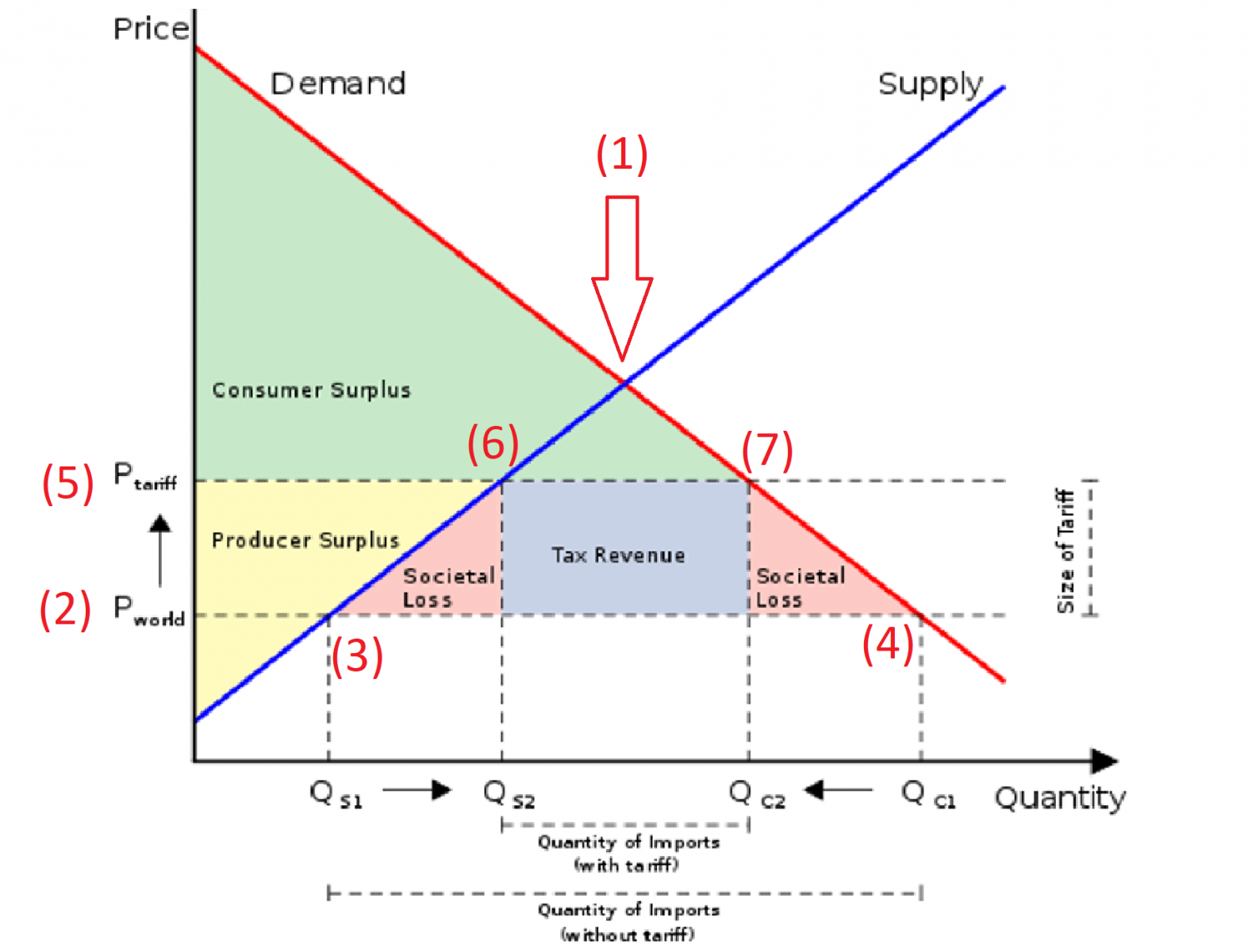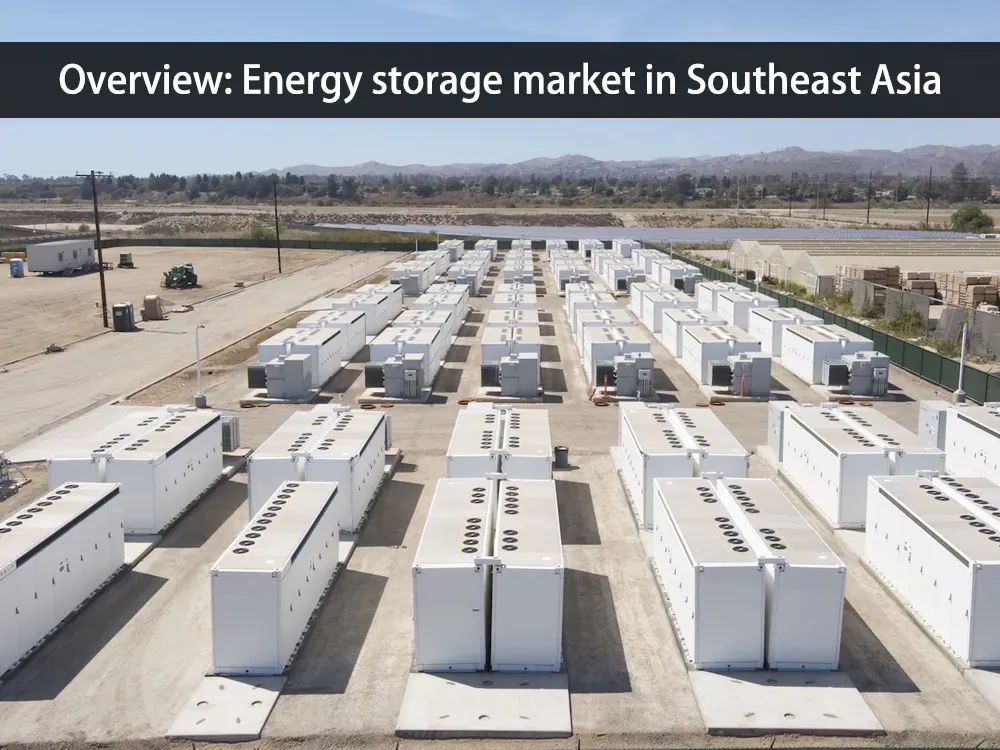China's Tariff Exemptions: Impact On US Goods

Table of Contents
Understanding China's Tariff Exemption Process
Navigating China's tariff exemption process is a complex undertaking for US businesses seeking relief from import duties. The process itself is opaque and subject to change, adding another layer of difficulty for companies already burdened by trade tensions.
The Criteria for Exemption
The specific criteria China employs to grant tariff exemptions are often unclear, lacking transparency and leaving US businesses guessing. Factors considered usually include:
- Product type: Essential goods or those with limited domestic alternatives in China may receive preferential treatment.
- Economic necessity: Goods deemed crucial for China's economic development or national interests have a higher chance of exemption.
- Availability of domestic alternatives: If China can produce a similar product domestically, an exemption is less likely.
- Political considerations: Geopolitical factors and broader trade negotiations can influence exemption decisions.
Historically, exemptions have been granted for certain agricultural products (like soybeans) and some manufactured goods, but the selection process remains shrouded in ambiguity. This lack of transparency often leads to accusations of bias and inconsistency in the application of these criteria.
The Application and Approval Process
Applying for a tariff exemption from China is a multi-step procedure that often proves challenging for US businesses. The process typically involves:
- Submitting a detailed application: This requires comprehensive documentation outlining the product, its necessity, and the potential economic impact of the tariff.
- Undergoing a rigorous review: Chinese authorities meticulously scrutinize each application, often requesting additional information or clarifications.
- Facing potential delays: The timeline for approval can be unpredictable, leading to significant uncertainty for businesses.
- Navigating the appeals process: If an application is rejected, businesses can appeal the decision, but success is not guaranteed.
US businesses often require specialized legal and consulting services to effectively navigate this intricate process. Government agencies such as the US Department of Commerce offer some resources, but the process remains notoriously opaque and challenging.
Impact of Exemptions on Specific US Industries
China's tariff exemptions have had a varied impact across different US industries, with some sectors benefiting more than others. The consequences are far-reaching and require a nuanced analysis.
Agriculture
The agricultural sector has been significantly affected by the trade war and subsequent tariff exemptions. Soybeans, for example, experienced dramatic export volume fluctuations following the imposition and subsequent removal of tariffs. Exemptions offered a degree of relief, but the instability has significantly impacted farmers' planning and profitability.
- Data: Studies show a correlation between the granting of soybean tariff exemptions and increased export volumes to China. However, price volatility remains a concern.
- Challenges: Even with exemptions, logistical hurdles and shifting market dynamics continue to challenge US agricultural exporters.
- Trade Negotiations: Agricultural exemptions often serve as bargaining chips in broader trade negotiations between the US and China.
Manufacturing
The manufacturing sector's experience has been equally mixed. Some manufacturers have benefited from exemptions on specific products, boosting their competitiveness in the Chinese market. This has, in some cases, led to job creation or retention. However, many other manufacturers haven't seen substantial benefits, facing continued challenges from Chinese competition and tariffs.
- Competitiveness: The impact of exemptions varies greatly depending on the specific product and industry.
- Job Creation: While some job growth has been linked to exemptions, the overall impact on employment remains a subject of ongoing debate.
- Unsuccessful Sectors: Numerous manufacturing sectors haven't seen noticeable improvements despite receiving exemptions.
Technology
The technology sector is arguably the most strategically important area affected by tariff exemptions. The geopolitical implications are immense, given the competition between the US and China in this sector. Exemptions in this area can have far-reaching consequences, impacting technological innovation and global dominance.
- Specific Products: Exemptions on specific tech components or finished goods can have a significant cascading effect on the global tech industry.
- Geopolitical Implications: Granting or withholding exemptions can be used as a political tool, influencing broader diplomatic relations.
- Future Disputes: The technology sector is likely to be a significant battleground for future trade disputes between the US and China.
The Broader Economic and Political Implications
The impact of China's tariff exemptions extends far beyond individual industries, influencing the overall US economy and the geopolitical landscape.
Effects on the US Trade Deficit
The effect of tariff exemptions on the US trade deficit with China is a complex issue. While some argue that exemptions reduce the deficit, others point to other factors that significantly influence trade balances. A comprehensive analysis requires considering broader economic trends and the limitations of isolating the effect of exemptions.
- Statistical Data: Analyzing trade deficit data before and after exemptions requires careful consideration of other contributing factors.
- Trade Imbalance: It's difficult to definitively attribute changes in the trade deficit solely to tariff exemptions.
- Complexities: Numerous economic variables influence the trade deficit, making it hard to isolate the impact of exemptions.
Geopolitical Ramifications
China's use of tariff exemptions, alongside tariffs themselves, is a significant tool in its trade negotiations. This strategy significantly impacts not only US-China relations but also broader global trade dynamics. The uncertainty created by these fluctuating policies contributes to overall instability in international markets.
- Trade Negotiations: Tariff exemptions are often strategically employed to influence negotiations and achieve specific economic or political goals.
- Future Disputes: The potential for future disputes over tariffs and exemptions remains high, with significant implications for global trade.
- Global Economic Factors: The effectiveness of exemptions is influenced by broader global economic factors, making it difficult to predict their precise impact.
Conclusion
China's tariff exemptions on US goods represent a complex and fluctuating aspect of the ongoing US-China trade relationship. While some US industries have benefited from these exemptions, others have experienced limited relief, and the overall economic and political implications remain uncertain. The lack of transparency in the exemption process, coupled with its inherent volatility, creates challenges for US businesses seeking to navigate this challenging environment. To effectively manage risks and capitalize on opportunities, staying abreast of developments in US-China trade relations is crucial. Consult official government resources and industry experts to navigate the complexities of China's tariff exemption process, and actively seek updates on changes to China’s import duties. Understanding the nuances of China's trade policies and the impact of China's tariff exemptions is paramount for US businesses operating in this crucial market.

Featured Posts
-
 Open Ai Unveils New Tools For Streamlined Voice Assistant Development
Apr 28, 2025
Open Ai Unveils New Tools For Streamlined Voice Assistant Development
Apr 28, 2025 -
 Southeast Asia Energy Market Opportunities For Canadian Businesses
Apr 28, 2025
Southeast Asia Energy Market Opportunities For Canadian Businesses
Apr 28, 2025 -
 Deportation Hearing For Two Year Old Us Citizen Set By Federal Judge
Apr 28, 2025
Deportation Hearing For Two Year Old Us Citizen Set By Federal Judge
Apr 28, 2025 -
 The Return Of High Gpu Prices Whats Causing The Surge
Apr 28, 2025
The Return Of High Gpu Prices Whats Causing The Surge
Apr 28, 2025 -
 Perplexity Ceo The Fight For Ai Browser Dominance Against Google
Apr 28, 2025
Perplexity Ceo The Fight For Ai Browser Dominance Against Google
Apr 28, 2025
